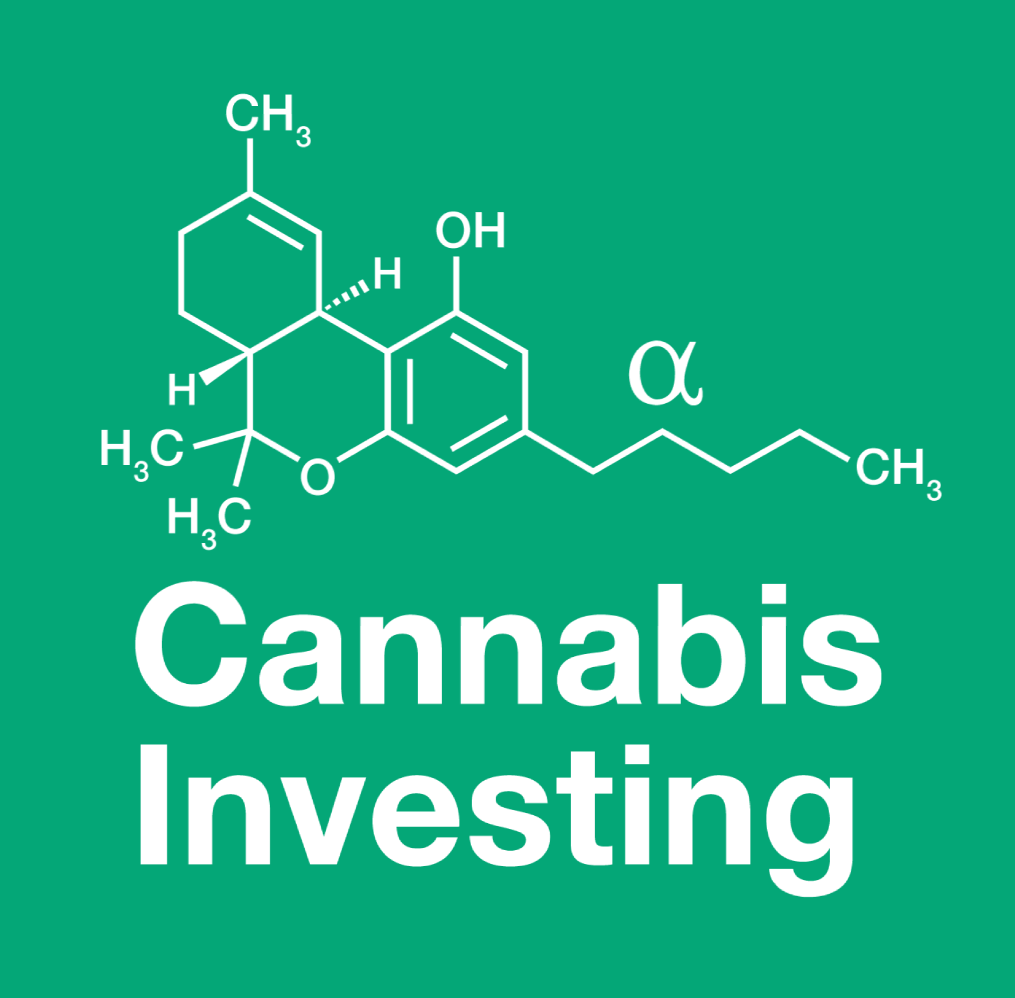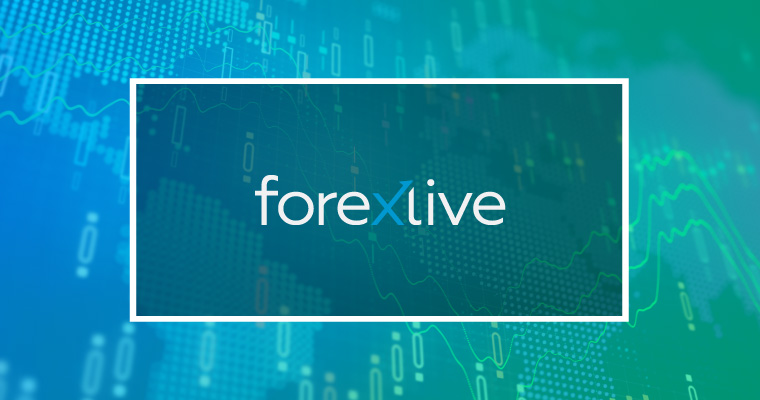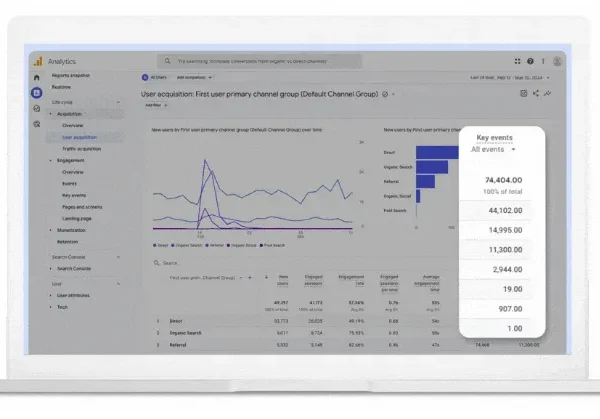eskymaks/iStock via Getty Images
Listen here or on the go via Apple Podcasts and Spotify
Analyst Alex Carchidi discusses positive news coming out of psychedelic space (1:00). Recent earnings show companies moving closer to commercialization (3:35). Cybin and Atai developments; clinical studies and regulatory relief (5:25). Why now is the time to get into the space; ranking Compass and MindMed above the rest (8:00). Proper metrics and diversified pipelines (10:20).
Transcript
Rena Sherbill: Alex Carchidi, welcome back to the Cannabis Investing Podcast. Always great to talk to you. Thanks for coming back on the show.
Alex Carchidi: Hey, thanks for having me. I’m so happy to be here and I’m excited to talk about the psychedelic industry, because there’s been a fair amount going on actually.
RS: We too are excited to talk about it and excited to talk about it with you specifically. You’ve been on talking about psychedelics. You’ve even been on our Investing Experts talking biotech and pharma.
Last time you were on talking about some of the catalysts that we could look forward to in the psychedelics space, you were talking about the main players, Compass (NASDAQ:CMPS), Cybin (CYBN), Atai (ATAI). You want to break it down for us broadly speaking first in terms of how you’re looking at the psychedelics space?
AC: Yeah, so the way that I’m looking at the psychedelics space over the last couple months now is pretty positively in comparison to the last few times that we’ve chatted. And I’ll explain why shortly, but the regulatory risk, in my opinion, it is continuing to decrease and perhaps at a slightly faster pace than before. So that is a pretty hugely positive sign.
I’m also seeing a few signs that “institutional investors” are being more willing to dabble in helping the leading companies to raise cash in private placements if they need to, which is another pretty big positive sign. So, yes, the leaders in my opinion, Compass, far and away, the farthest forward leader because they’re approaching commercialization, not tomorrow, but the pieces are starting to fall into place for them.
Cybin, Atai, probably tied for second, and then I can get into that a little bit more later, but I think the interesting twist is that MindMed (NASDAQ:MNMD) seems to be stabilizing and actually recovering. I think the last few times we spoke, I was not bullish at all at MindMed due to a plethora of their internal issues among other things. And it seems as though those have been pretty convincingly resolved.
And in fact, they reported some decent clinical trial data recently, and they seem to have the FDA’s ear because they got a fast track designation, or sorry, breakthrough designation. So, that’s pretty huge.
One thing that I was quite concerned about over the previous quarters was cash positioning for, even for these leaders that, they were all running pretty darn low on money in a time when cash was very hard to raise. And yet they seem to have pulled through that period.
And in fact, we’ve seen some pretty good fundraising activity from the ones that really needed it the most. And it seems as though they are out of danger of going out of business in the next year, I think. And probably more than that for some of them, but it seems as though their balance sheets have improved basically. So, that’s another positive factor for sure.
RS: I was going to ask if there were what you took away from recent earnings?
AC: Yeah, what I took away is that things are looking up. So, everyone is moving a bit closer towards commercialization. The late stage clinical trial data that I’ve been seeing across all of these four companies has been pretty good. And in fact, even in the Phase 2bs, Phase 2 studies, very good.
I mean, Compass had some Phase 2 data for post-traumatic stress disorder that I thought was very positive. And on top of these public companies that seem to be doing a bit better now.
There’s also Lykos Therapeutics, which is formerly known as the MAPS PBC. It’s a public benefit corporation, basically. It’s not a public company. It was formerly the nonprofit instantiation of this very important organization, the psychedelics ecosystem, the nonprofit that funds a lot of studies.
So, they are actually talking with the FDA in early June about their MDMA program for post-traumatic stress. There’s an advisory commission meeting there. So, that could be a huge catalyst for the space as well, even though investors can’t get direct exposure to that particular organization.
RS: And you were mentioning how Cybin and Atai, I believe are neck and neck in your mind. How would you articulate that?
AC: So, it’s interesting because in my opinion, if we had this conversation a year ago, I think I would have said, yes, they’re both leaders and Atai seems to have so many different programs and so many different molecules and in different indications that they’re going to have a winner somewhere. And I still believe that’s true.
However, I think the focus in our near-term now, Cybin actually has made a big thing of their training program for providing psychological support to people who are being treated with their programs.
And until recently, I would have told you Compass is the only company that has really invested heavily in these clinical training resources that are going to be necessary to make any of these therapies work, but now Cybin is doing it as well. And I haven’t quite seen that from Atai, although they still do have a lot of interesting technology development and a plethora of different programs.
So, I would say that is one of the big developments of the recent few quarters is that Cybin has started to prioritize their clinical training regimen significantly more, which is good to see.
RS: Anything else to share about the space?
AC: So, the narrative that I have been seeing in the space is that regulators are becoming more willing to grant designations to the companies with late stage programs. That’s a pretty positive sign. Beyond that, the government as a whole has started to be more willing to talk about dabbling in conducting various studies.
For instance, the VA announced in January, it would fund research into MDMA, as well as psilocybin for post-traumatic stress disorder and depression, and they already have 13 studies going. So that was quite quick. And that’s just another stamp that perhaps this resistance to this category of medicines is now approaching a low point.
And there might even be a breakthrough of some kind where, yes, we get the government fully on board with legalizing for medicinal purposes, which would be a huge catalyst for every company that we’ve discussed so far, and many others.
RS: And so would you say that now is the time to get into those stocks without giving a buy recommendation, but would you say that now is a good time to get in?
AC: Yes, I think so. I think so. And I would be willing to buy in order Compass, MindMed, Cybin, Atai. I don’t plan on adding to my positions in Cybin, but I think all four of those are now back in play in a way that I wouldn’t have recommended that any random investor dabbles a year ago or something like that. I think now that the risk to reward is far more favorable.
RS: And would you attribute the positive sentiment coming out of MindMed, would you put that at them hiring and reconfiguring with the right people?
AC: Yes. I met their CEO, I spoke with him. And of course, this is shortly after he took control of the company. And yes, I’m bullish on him, certainly, but really, the thing that is even more important is that they can present a unified front now. There’s no longer blatantly any internal conflict, but for every company, the real bull marker is the good clinical results in late-stage or mid-stage clinical studies.
And when I poke through the Phase 2, for example, the Phase 2b that MindMed recently concluded, the data looked good. When I poke through Cybin’s data, it looks good. Same with Compass.
And that is the single biggest thing that I think will make or break these stocks, it looks like it’s going to make them at the moment, is that they can continue to confirm their previous positive results and then build on them and to build on them in a convincing way, that’s the other secret not to try to rebrand something that is not great as being something great.
That’s a big red flag as I’ve talked about in the past.
RS: Any other metrics that you would point to or you think those are the most salient things to be looking at when looking at the space?
AC: So, as always, they need to have enough cash to keep the lights on. Longer is better. Two years is a good benchmark. Less than a year, too dangerous. Don’t touch it usually.
As far as the pipelines go, at this stage, I would prioritize, if I was going to start a new position, looking at companies that have more programs mid to late stage, as well as a couple in, let’s say, Phase 1, but really it’s the more mature programs are what I would focus on right now. And more of them is better. And more of them with different molecules for each program across the various programs is better.
Because if one company is, they might have 10 different late stage clinical trials, but all of them are investigating this one molecule that they invented or that they derived from a naturally occurring molecule, well, it’s very easy that you can imagine a few safety events happen. They have to report them.
And now their stock is down 30% because every single program in their pipeline has this specter of potentially a safety event happening. So, it’s better if they’re diversified within their own pipeline. That is another thing that I look for as well.
RS: Appreciate the clarifying takes on a sector that doesn’t always get very clear takes. So, appreciate the conversation as always, Alex. I’ll leave you with the last word if there’s anything else you want to share with investors, but appreciate the conversation.
AC: Yeah, definitely. As far as the last word, what I would say is, if you’re an investor and you’re thinking about investing in the psychedelic space, don’t make one bet. Make two or three small bets and try to concentrate them among the leaders. You don’t need to go off the beaten path right now for this industry to find something that could become a pretty good return.
And once again, understand these are speculative investments because they’re biotech companies. And so, you have to be ready for volatility and you have to be ready to hold on for a few years before you can get that good return if it’s there to get, which I think it probably is.
RS: Maybe piggybacking off of that last point, is there, I assume now is not the time to get into psychedelic ETFs (PSIL). What would you say?
AC: I agree. I believe that there could be a time.
RS: Yeah. Just to see a clear picture of who the individual players that make up the ETF are and what’s happening, it’s too soon for a basket?
AC: Yeah, I think it’s too soon to let someone else pick the basket for you is what I would say.
RS: Well said, well said.
Editor’s Note: This article discusses one or more securities that do not trade on a major U.S. exchange. Please be aware of the risks associated with these stocks.















